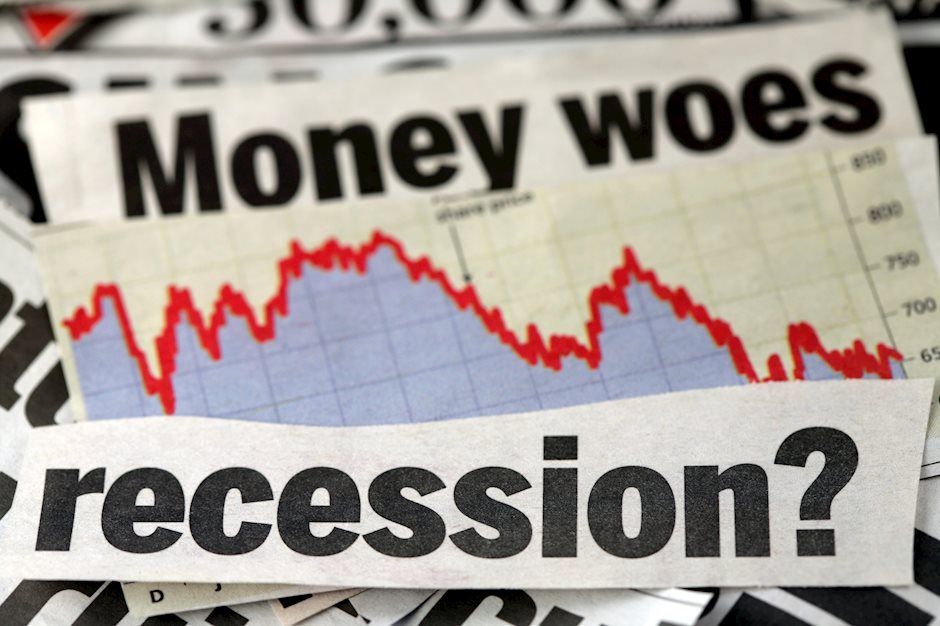UK final GDP for Q1 is revised higher, as focus shifts to US inflation

The final reading of Q1 GDP for the UK was released this morning, and the good news is that the headline figure was revised up. Growth expanded by 0.7% last quarter, vs. 0.6% expected, the annual rate of growth was 0.3% vs. 0.2%. This suggests that the UK’s bounce back from recession was stronger than expected, however, the more timelier GDP data from April suggests that the UK economy may have slipped up again at the start of Q2 and registered no growth, due to declines in production and construction.
Households continue to save
Looking at the final Q1 report in more detail, services grew by 0.8% last quarter, and production also grew by a decent 0.6%, however, construction output declined by 0.6%, potentially caused by seasonal factors. Household spending was higher, while government spending was revised down to 0% from the prior estimate of 0.3% QoQ. The pandemic trend of increased household savings ratio seems to have persisted. It rose in Q1 to 11.1%, up from 10.2% in Q4 2023, which could give the consumer the fire power that may help to boost growth in Q2, after April’s dismal start. Real household disposable income was also up 0.7% during the quarter, according to the ONS, which is the same rate as Q4 2023.
Inflation continues to moderate
Interestingly, the implied GDP deflator, which is considered to be the broadest measure of GDP in the UK economy, was revised higher to 0.9% for Q1, up from an initial estimate of 0.6%. This was driven by a 1% increase in the cost of government consumption. The GDP deflator was 7.8% in Q1 2023, so this data suggests that the deflation trend is still ongoing, and that inflation has moderated sharply in the UK economy over the past year, which could boost hopes of an August interest rate cut from the Bank of England.
Within the report there was some good news on the economy. Within the service sector, the highest rate of growth was for the professional, scientific and technical activities sectors, which rose by 1.8%. This was driven by a 7.2% increase in research and development and a 3.3% increase in legal activities. These are high value activities for the UK economy, and growth in this area bodes well for the future of the UK. This may go some way to mitigating the decline in business investment last quarter.
UK current account deficit in focus
The news on manufacturing was not as positive, but there was strong growth in the transport equipment sector. The current account for Q1 was also a weak point, and the deficit was bigger than expected at -£21bn, vs -£17.6bn expected, however this was an improvement on the -£21.2bn deficit recorded in Q4 2023. However, this is a keen reminder that no matter who wins the UK election next week, there is little fiscal room in the UK right now, especially as the global bond markets seem ready to pounce at the first sign of spendthrift government policies. Financial markets have mostly brushed off this report, and the focus has shifted to the US, where we will get the core PCE deflator for May later this afternoon. GBP/USD is down 0.3% vs. the USD so far this week, as the dollar makes a strong comeback. However, the buck is higher vs. all other G10 currencies, so the weaker pound is not an outlier. The FTSE 100 is also expected to open higher later today, however, it is on track to register a loss of more than 1% so far this week.
US inflation data to determine timing of Fed rate cut
Arguably more important for financial markets will be the Eurozone flash inflation reports for June along with the US PCE data. The market expects a core PCE annual reading of 2.6% in May, down from 2.8% in April. The market is also expecting an uptick in US consumer sentiment, and a slight decline in the 1-year ahead inflation expectations.
Overall, there is a lot of data to digest today, along with the last trading day of the first half of the year and a French election over the weekend. It’s hard to see a strong rally take hold in European markets with French political risk hanging like the sword of Damocles. We may see a risk off tone to markets, unless we get a clear signal from the PCE data in the US that inflation is moderating, and a rate cut is on the cards for September. Currently the market is pricing in a 60% chance of a rate cut from the Federal Reserve in September.
Author

Kathleen Brooks
XTB UK
Kathleen has nearly 15 years’ experience working with some of the leading retail trading and investment companies in the City of London.

















